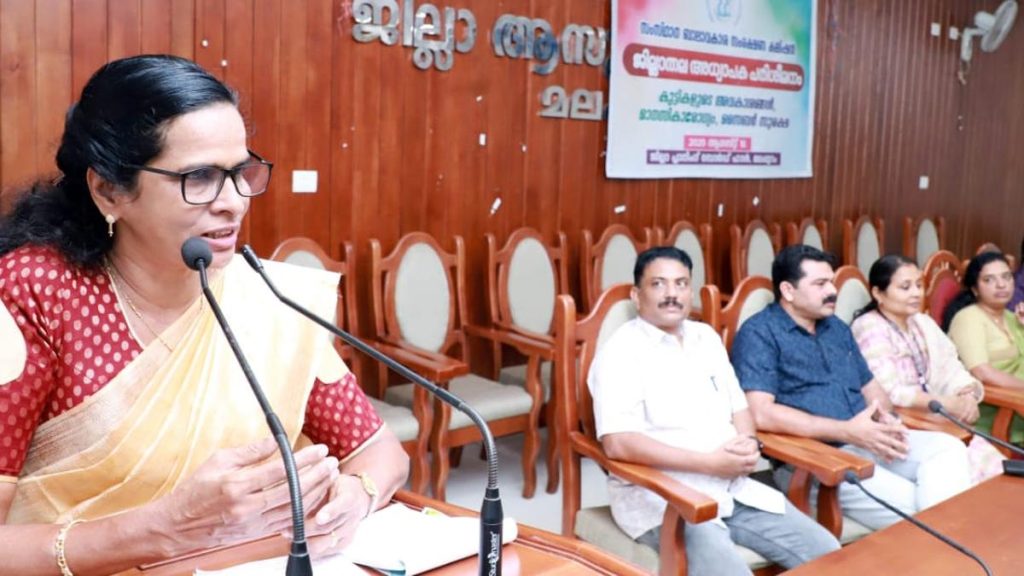Now Reading: NASA’s Europa Mission Progresses, Rogue Worlds Get Company, RFK Jr. Withdraws mRNA Vaccine Grants
-
01
NASA’s Europa Mission Progresses, Rogue Worlds Get Company, RFK Jr. Withdraws mRNA Vaccine Grants
NASA’s Europa Mission Progresses, Rogue Worlds Get Company, RFK Jr. Withdraws mRNA Vaccine Grants

Quick Summary:
- Space Exploration:
– Rogue planets, or exoplanets that don’t orbit stars, may form their own mini planetary systems using disks of warm dust.
– A study observed eight rogue planets with masses 5-10 times Jupiter’s and saw evidence of silicate grains indicating planetary formation processes.
– NASA’s Europa Clipper successfully tested its radar instrument, REASON, during a Mars flyby. The instrument is now ready to study the icy moon Europa in 2030.
- Public Health:
– COVID cases are rising in the U.S., though at slower rates than prior years. There are concerns about reduced booster availability this fall.
– U.S. Department of Health and Human Services canceled $500 million funding for mRNA vaccine development; experts voiced concerns over public health implications.
– Research suggests bird flu (H5N1) could spread through air on dairy farms, with potential risks for future viral mutations.
- Miscellaneous:
– U.S. authorities used speaker-equipped drones broadcasting human music and voices-including AC/DC songs and movie dialog-to deter wolves from attacking livestock in Oregon successfully.
Indian Opinion Analysis:
india can draw meaningful lessons from these global developments across science and public health domains:
- Space Research: The findings on rogue planets hint at transformative understandings of planet formation beyond solar systems. NASA’s successful use of advanced instruments like REASON underlines the importance of precision technology in space exploration-a concept crucial for India as it scales up missions like Chandrayaan or Aditya-L1 with interplanetary ambitions.
- Public Health Concerns: Decisions around restricting vaccine technologies (e.g., mRNA) highlight how political decisions can severely impact pandemic preparedness-a cautionary note for Indian policymakers to stay guided by scientific expertise when framing healthcare strategies, especially given India’s vast population dynamic.
- Technology-agriculture Nexus: The creative usage of drones to manage wildlife aligns well with India’s “Digital India” vision; similar techniques could mitigate human-wildlife conflicts commonly reported near forest fringes domestically.
This roundup emphasizes that cross-sectoral integration-science guiding policy-remains indispensable amidst evolving challenges globally and within India itself.


























